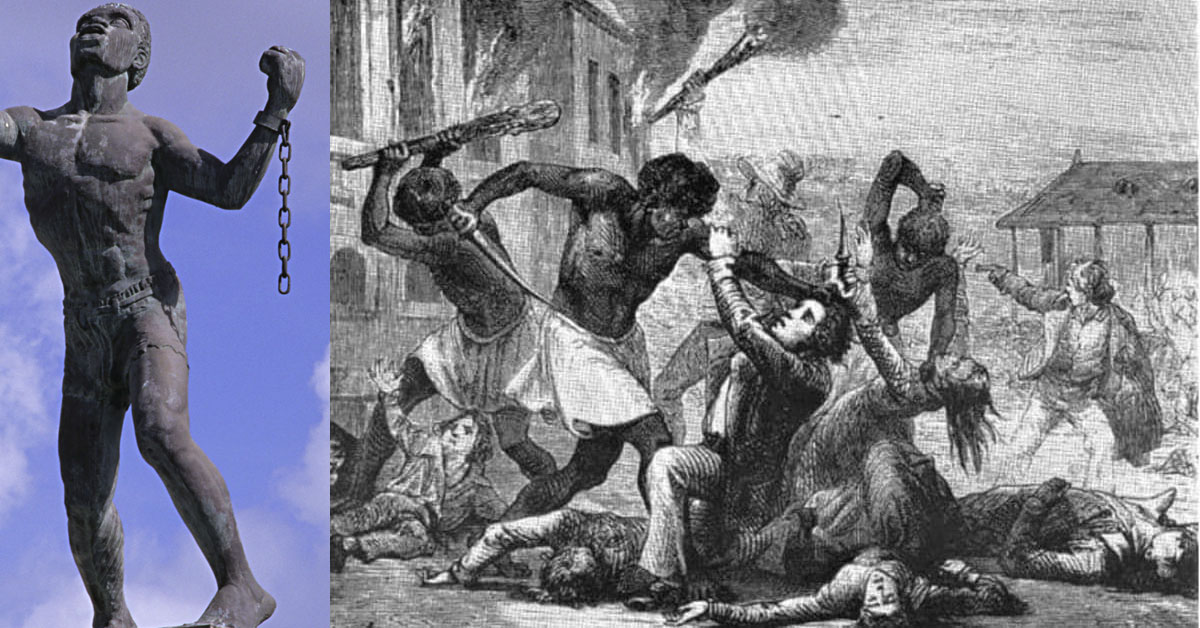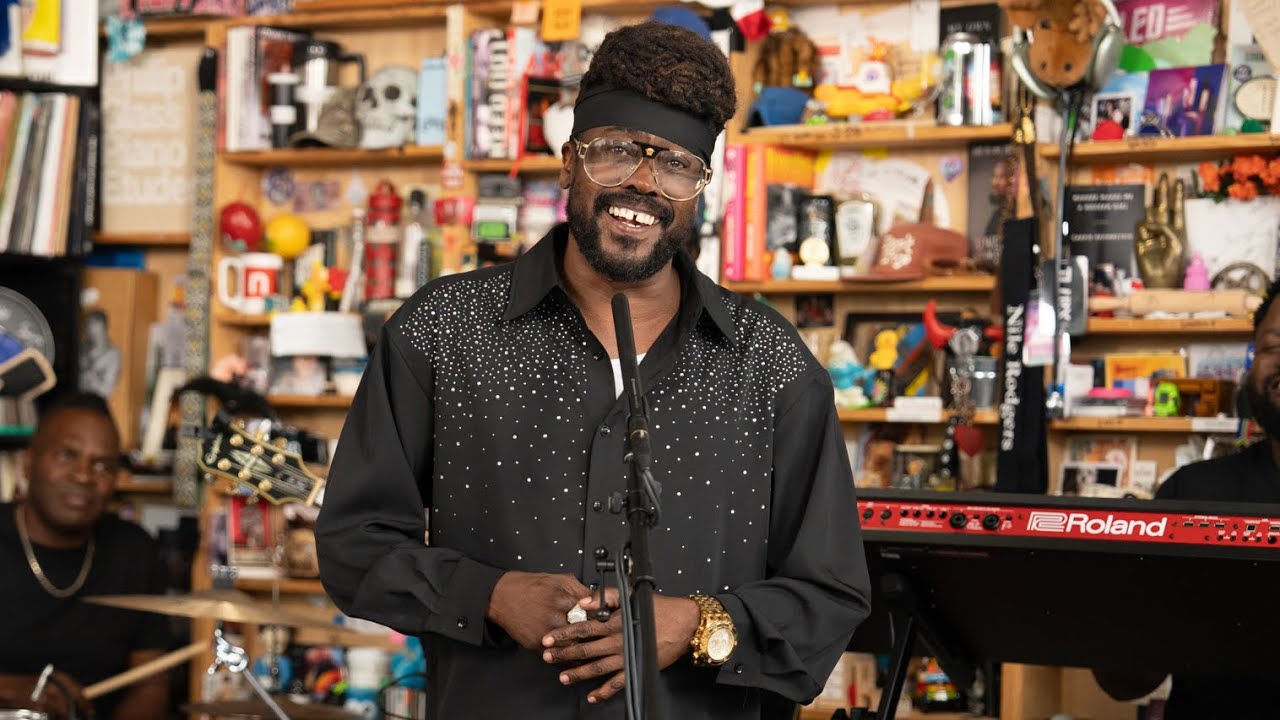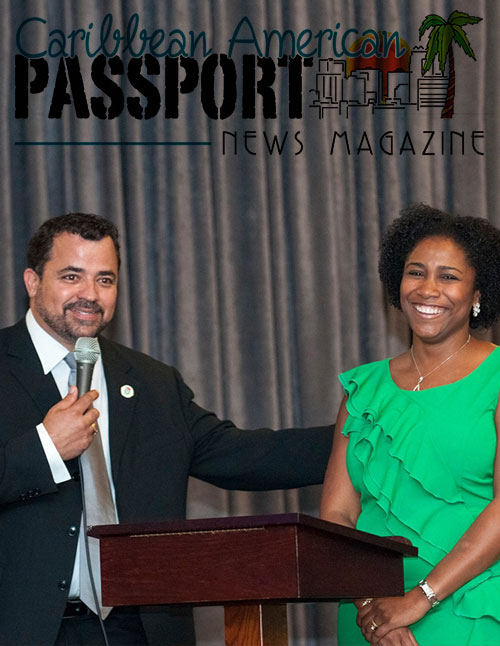In the annals of history, the struggle for freedom and equality has been marked by countless acts of resistance and rebellion. One such pivotal event that often remains overshadowed is the Barbados Rebellion of 1816. Emerging in the aftermath of the abolition of the transatlantic slave trade, this uprising serves as a testament to the resilience and determination of those who fought against the oppressive shackles of colonialism and slavery.
To truly understand the significance of the Barbados Rebellion, one must delve into the socio-political landscape of early 19th-century Barbados. At the time, the island was a British colony heavily reliant on the labor of enslaved Africans to sustain its lucrative sugar industry. The abolition of the transatlantic slave trade in 1807 had dealt a significant blow to the plantation economy, leading to increased demands on existing enslaved populations and exacerbating already harsh living and working conditions.
The spark that ignited the rebellion can be traced back to the economic hardships faced by the enslaved population, coupled with the influence of revolutionary ideologies spreading across the Atlantic world. Inspired by the Haitian Revolution and fueled by a desire for freedom and justice, the enslaved people of Barbados began to organize and plan their uprising.
The Rebellion
On Easter Sunday, April 14, 1816, the long-simmering tensions boiled over as thousands of enslaved men and women rose up against their oppressors. Led by individuals such as Bussa, a skilled plantation ranger of African descent, the rebels launched coordinated attacks on plantations across the island, striking fear into the hearts of plantation owners and colonial authorities.
The rebellion was characterized by its strategic organization and widespread participation, with enslaved people from various plantations joining forces in a united front against their oppressors. Armed with whatever makeshift weapons they could find, including cane knives and axes, the rebels confronted the well-equipped British forces with courage and determination.
The British Slave Master Response
The British colonial authorities, caught off guard by the scale and ferocity of the rebellion, responded with brutal force. Troops were deployed to suppress the uprising, leading to violent clashes and bloodshed on both sides. Despite facing overwhelming odds, the rebels continued to resist, refusing to back down in the face of adversity.
In the aftermath of the rebellion, hundreds of enslaved individuals were killed or captured, while others were subjected to harsh reprisals and punitive measures. Bussa, hailed as a hero by his fellow rebels, met his end in battle, but his legacy lived on as a symbol of resistance and defiance against tyranny.
Legacy
While the Barbados Rebellion ultimately failed to achieve its immediate objectives, its legacy endured as a beacon of hope and inspiration for future generations. The uprising served to galvanize the abolitionist movement both within the Caribbean and abroad, drawing attention to the plight of the enslaved and fueling calls for emancipation and social justice.
Moreover, the rebellion contributed to the gradual erosion of the institution of slavery in the British Empire, paving the way for its eventual abolition in 1834. Although it took decades of struggle and sacrifice, the seeds of resistance sown by the rebels of Barbados bore fruit in the form of freedom and liberation for millions of enslaved individuals throughout the Caribbean and beyond.
The battle for freedom stands as a poignant reminder of the indomitable spirit of those who dared to defy oppression and injustice. In commemorating this pivotal chapter in history, we honor the courage and resilience of the enslaved people who fought for their freedom, and we reaffirm our commitment to upholding the principles of equality, dignity, and human rights for all. As we reflect on the legacy of the rebellion, let us draw inspiration from the past to guide us in our ongoing quest for a more just and equitable world.


















